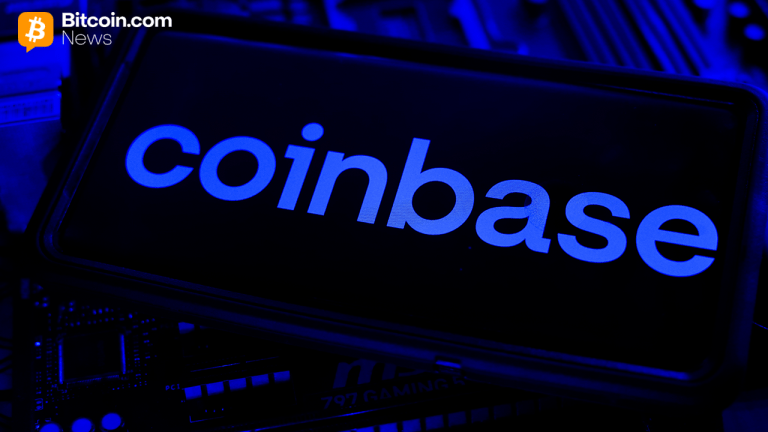Save Thousands In Taxes by Harvesting NFT Losses – CoinLedger Explains How – Sponsored Bitcoin News
3 min read
sponsored
There’s a silver lining to the crash in the NFT market — millions of dollars of potential tax-savings.
To help NFT investors claim their tax-savings before the end of the year, CoinLedger recently launched an NFT tax-loss harvesting tool. Let’s break down how the tool works and how it can help people save money on their tax bill.
What is Tax Loss Harvesting?
Tax loss harvesting is a tax reduction strategy used by savvy investors to reduce their total tax liabilities for the year. By selling assets that have gone down in value since originally acquiring them, investors can harvest capital losses and generate tax write offs.
Imagine the following scenario:
Jane Doe sells a portion of her bitcoin holdings in February 2022 and realizes $50,000 of capital gains in doing so.
That $50,000 is now income that Jane has to pay taxes on. If Jane is a high earner, she may have to pay up to 37%, or $18,500 to Uncle Sam in taxes. Ouch!
Let’s say during the same year Jane also spent $30,000 on NFTs, which are now all worth close to $0.
If Jane harvests the losses from her NFTs, she can realize $30,000 of capital losses and reduce her net capital gains to $20,000.
Now, Jane’s tax bill will be just $7,400 for the year (37% of $20,000). By simply harvesting her NFT losses, Jane saves $11,100 on her taxes!
The Tax Loss Harvesting Problem With NFTs
Unfortunately, NFT investors can find it difficult to harvest losses when their NFTs don’t have any liquidity on open markets.
In these situations, investors could be sitting on thousands of dollars of paper losses with no simple way to legally dispose of their NFT and realize their capital losses.
Enter CoinLedger’s NFT Loss Harvestooor
CoinLedger recently launched a new product, The NFT Loss Harvestooor, to provide a solution for NFT investors who are looking to harvest losses and save money on their taxes.
The NFT Loss Harvestooor is a smart contract deployed to Ethereum mainnet that will purchase an NFT for 0.00000001 ETH, even if the NFT has no liquidity!
This allows any investor to realize capital losses and reduce their taxes.
One NFT investor has already reduced his tax bill by $7,400 by using the NFT Loss Harvestooor!
How Does CoinLedger’s NFT Loss Harvestooor Work?
To start harvesting losses, any investor can simply connect a wallet to the NFT Loss Harvestooor. After a wallet is connected, they can select which NFT he or she would like to sell or dispose of.
Once selected, simply click sell and sign the transaction. Any realized losses can be used to lower tax burdens!
Is the NFT Loss Harvestooor Safe to Use?
CoinLedger has been in business since 2018 and has served hundreds of thousands of individual crypto investors since inception.
The NFT Loss Harvestooor smart contract that was developed by the CoinLedger team went through a rigorous audit process to make sure it adheres to industry standards.
Additionally, all of the code powering the contract is fully open and available for the public to verify.
Get Started Today — Use It For Free
The NFT Loss Harvestooor is completely free to use. CoinLedger doesn’t charge any transaction fees for interacting with the contract outside of the gas needed to cover the blockchain processing fees.
Get started by visiting the NFT Loss Harvestooor to see how much money users can save on their taxes this year!
This is a sponsored post. Learn how to reach our audience here. Read disclaimer below.
Image Credits: Shutterstock, Pixabay, Wiki Commons
Disclaimer: This article is for informational purposes only. It is not a direct offer or solicitation of an offer to buy or sell, or a recommendation or endorsement of any products, services, or companies. Bitcoin.com does not provide investment, tax, legal, or accounting advice. Neither the company nor the author is responsible, directly or indirectly, for any damage or loss caused or alleged to be caused by or in connection with the use of or reliance on any content, goods or services mentioned in this article.
Read disclaimer




